Asia/ Vietnam/ 31.10.2018/ Source: www.ft.com.
Good exam results alone will not prepare pupils for the next industrial revolution
The second-year students at Nguyen Hue specialised high school in Hanoi are an unusually motivated bunch.
Entrance exams for university are coming up in a year. Then there is the matter of their parents’ high expectations, competition from other children in this elite school, and the tests of various kinds they are given every week.
“Everybody here is so talented, it makes me feel pressure,” says Nguyen Phuong Thao, 16. Ms Thao wants to become a journalist, but her favourite subject is maths, which she says her parents “forced” her to study when she was small.
“My first goal is to get into a good university in Vietnam,” says Nguyen Tung Chi, another second-year student, who wants to work in marketing. “All the classmates are obsessed with getting good grades.”
Vietnam outperforms neighbouring countries in south-east Asia on education rankings, and does well globally too. Its high test scores contributed to its place in the World Bank human capital index — 48th — the highest rating for any lower middle-income country. It stands out relative to its wealth.
The country spends the equivalent of nearly 6 per cent of its GDP on education — high by global standards, and a greater proportion than most of its neighbours.
Apart from the government’s investment in schools, observers of Vietnamese culture attribute children’s strong test scores to cultural and historical factors. These include the work ethic prized under Confucianism and the need to rebuild the country after the war.
Vietnam’s current generation of under-20s are an unusually large demographic cohort who will be competing for university places and jobs in an economy that is going through major transformation as the manufacturing jobs on which it relies undergo profound change.
“The generation of their and my parents needed to work hard, and they realised the fastest way to develop the country was to study,” says Hoang Kim Ngoc, 24, an English teacher at the Nguyen Hue school.
“The demands of the current workforce are so high,” she adds. “We are going through the fourth industrial revolution, where we not only expect to compete with machines, but we need to control them.”
Pham Hiep, a researcher based in Hanoi who specialises in university education, attributes Vietnam’s strong international test rankings in part to a well-designed curriculum for maths and science. “Shadow education” — extra tutoring in maths and other subjects outside school — is also common, he says.
Another factor, Mr Hiep says — echoing the children at Nguyen Hue school — is intense competition for university places as the country undergoes a demographic boom. “We don’t have enough places in tertiary education,” he says. “The supply doesn’t meet the demand.” The private universities in Vietnam, he says, account for only about 15 per cent of total enrolment, low compared to Vietnam’s regional neighbours, including the Philippines, Malaysia, and China.
There is little doubt that Vietnam’s education system is good at teaching children to do well on tests, especially in maths and science. But is it teaching them to think and reason too? And how reliable are the test scores themselves?
The World Bank’s rankings for Vietnam are based on the Programme for International Student Assessment (Pisa) tests, run by the OECD, and involving international tests taken by 15-year-olds. However, one critical observer tells the FT the results are influenced by a sampling issue that makes Vietnam’s results look better than they are because about half of children have left school by age 15.
As the school leavers tend to be poorer and lower-achieving than average, the wealthier and more studious ones who are tested push the overall results up.
“The Pisa sample for Vietnam is skewed, [as] it only includes the richer, higher-achieving kids,” says John Jerrim, a lecturer at University College London’s Institute of Education. “This is a significant part of the explanation why Vietnam does well.” Mr Jerrim says that Vietnam will face a “paradox” moving forward, as improving education means more and more children remain in school.
Its Pisa scores are likely to decline rather than increase. However, he adds, even taking the statistical anomalies into account, “Vietnam probably does quite well compared to other countries with similar levels of development”. The Vietnamese government has been pursuing educational reforms for more than a decade, focused on reducing students’ workloads, boosting private investment in higher education, and improving vocational training.
The results so far have been limited. The children at Nguyen Hue school, while benefiting from some of the best secondary education Vietnam has to offer, have a few cavils of their own. “We focus on how to be a good worker and a good citizen rather than developing our own skills and learning to chase our dreams,” says To Duc Manh. “How we judge students to get a job: [is] not based on who we are, but the test numbers.”
Source of the notice: https://www.ft.com/content/da4387d0-aba8-11e8-8253-48106866cd8a

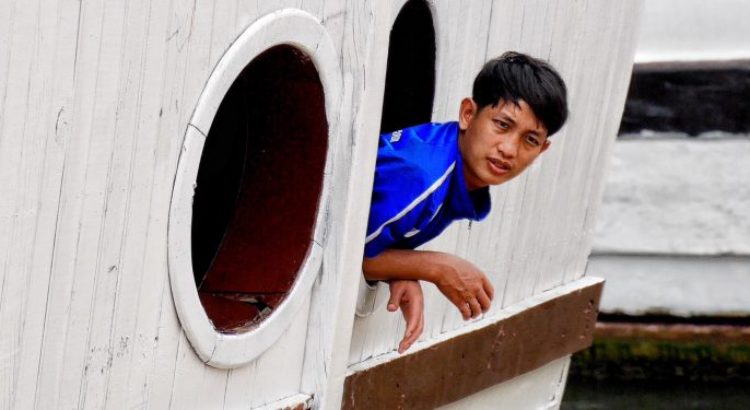
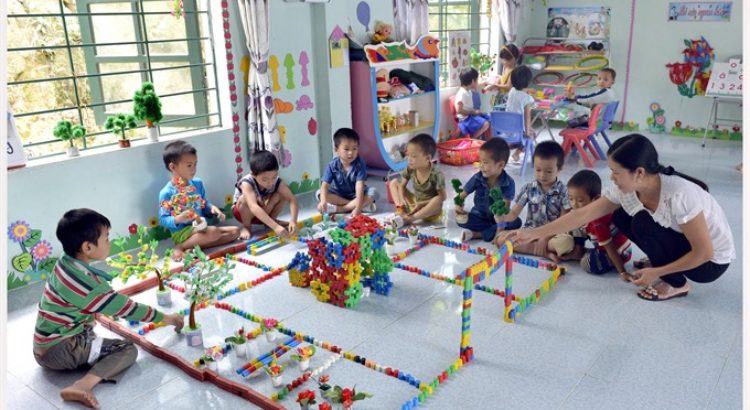
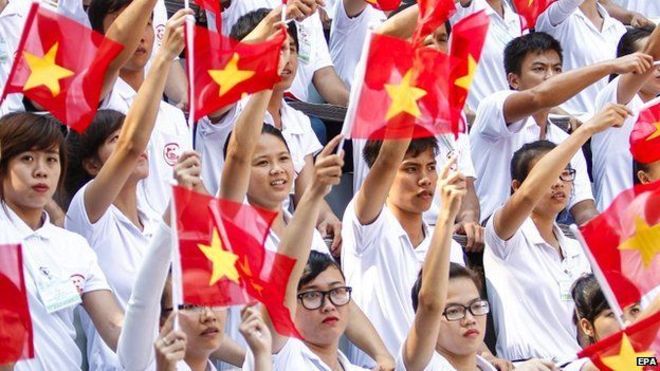

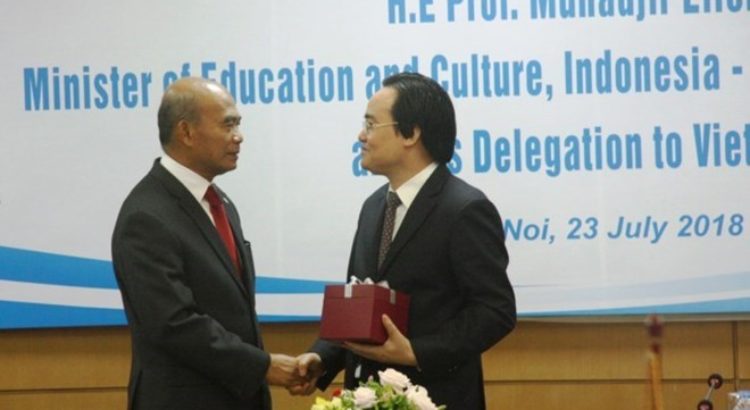
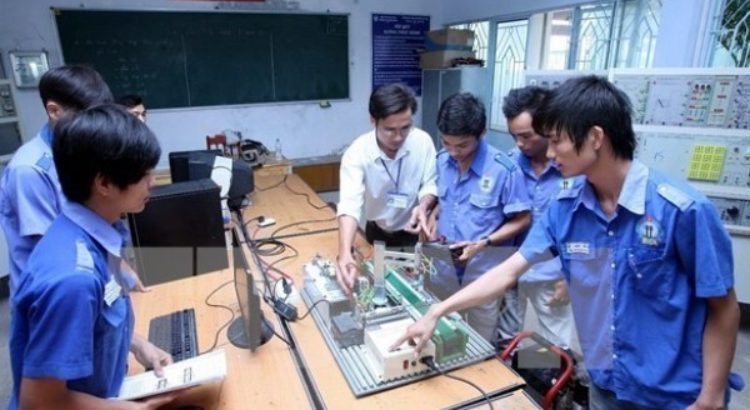







 Users Today : 31
Users Today : 31 Total Users : 35460162
Total Users : 35460162 Views Today : 47
Views Today : 47 Total views : 3418830
Total views : 3418830